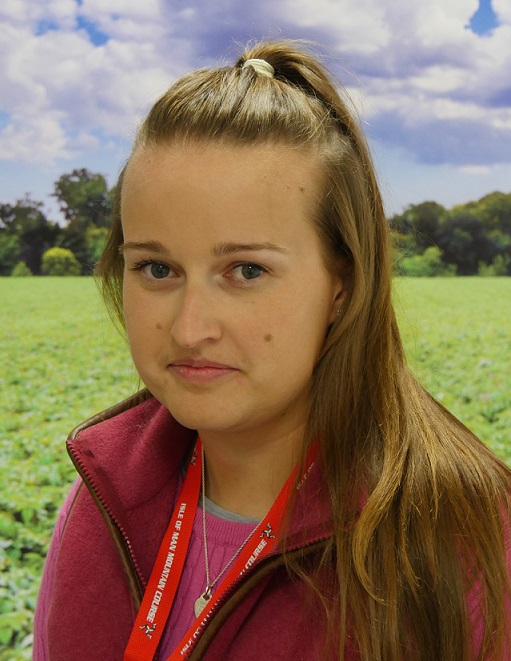Blog: ASF contingency planning workshop
Thursday, 8 August 2024
Lauren Turner, Lead Animal Health & Welfare Scientist, summarises a recent workshop during which key stakeholders discussed African swine fever (ASF) contingency planning.
Last week, we jointly hosted an ASF workshop with the NPA. The purpose was to look at contingency planning across the wider supply chain in the event of an ASF outbreak.
We’ve held a few sessions on this topic for producers over recent months, including a webinar and seminar at the British Pig & Poultry Fair; this was an extension of that work, bringing other parts of the supply chain into the conversation.
We were joined by APHA and Defra, who helped guide us through what would happen in a real-life scenario, which for the purpose of the workshop was an affected outdoor pig unit in East Yorkshire, confirmed at 9am on a Monday morning, which had moved weaners and cull sows the week before.
The key message from APHA and Defra was that they would follow a risk-based approach for any potential cases. While an initial outbreak might result in a complete standstill of people, animals and vehicles, this would relax as and when records were investigated, with risks clearly identified and appropriate licences applied for.
The overwhelming take-home from the day was, therefore, ensuring that as many records as possible are digitised so that restrictions can be released more quickly.
The group was reassured by APHA and Defra, who have strengthened their capabilities and shortened lead times given their recent experience with avian influenza. For example, vets are now dispatched within 30 minutes of a notification and blood results can be turned around in just a few hours.
So non-electronic records could well be the main bottleneck to decision-making capabilities in the event of an outbreak.
Although it was outside of the scope of the day, getting processing plants pre-designated was also identified as a key action. This would mean that obtaining a potential designation status could be achieved much more quickly in the event of an outbreak.
The workshop also challenged some up-to-date knowledge. For example, ASF behaves quite differently to classical swine fever (CSF), so we can’t assume that decision-making would be similar. There are also still some questions, including how long the virus survives outside (and, therefore, how long after an outbreak outdoor units could be used again).
Some key actions from the day included:
- Looking at possible semen sharing agreements between breeding companies
- Investigating the availability of ‘lay’ blood samplers/veterinarians
- Reviewing pending movements on eAML2
- Looking at the possibility of compartmentalising certain supply chains
- Investigating up-to-date information on virus survivability and any secondary cleaning and disinfection that might be required
Useful links
Watch the British Pig & Poultry Fair seminar recording
Watch our Keeping ASF out webinar recording


